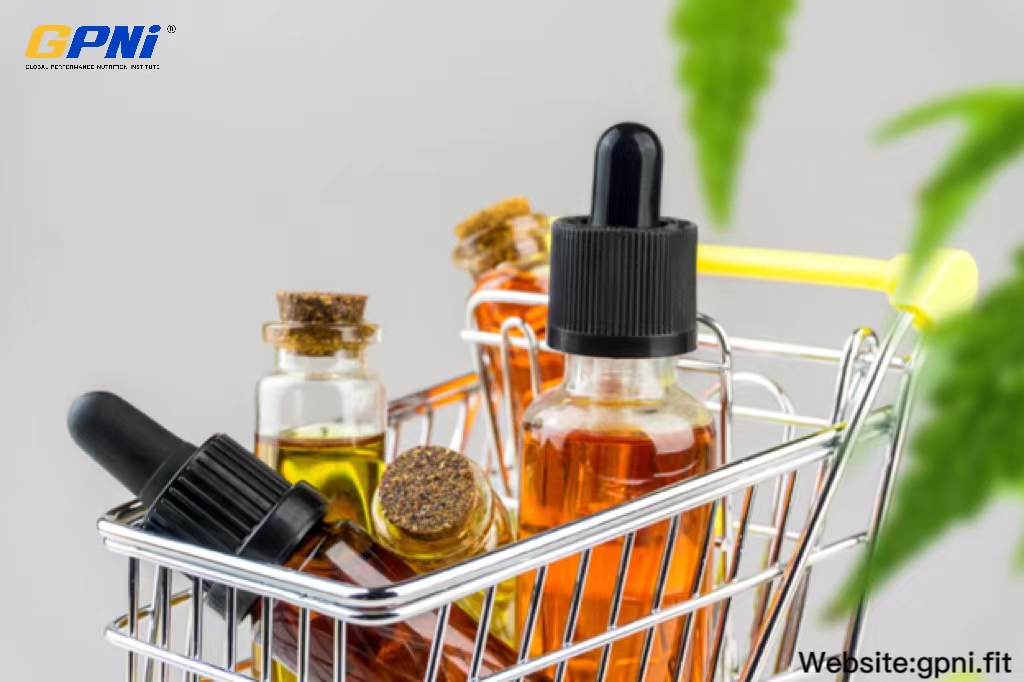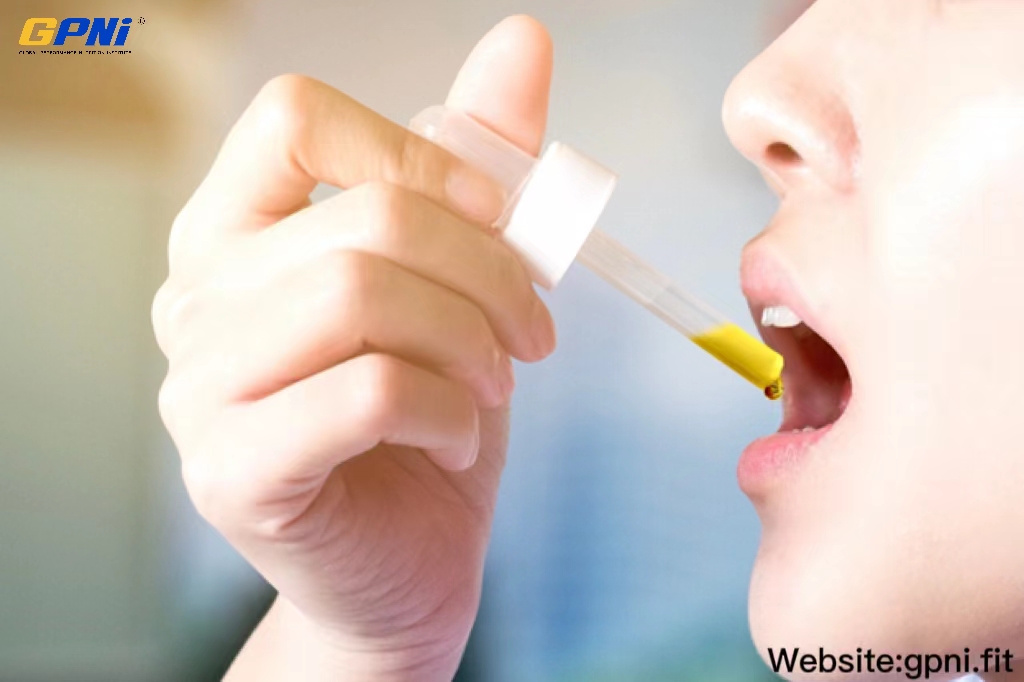THC and CBD (cannabidiol) are the two most popular compounds derived from marijuana and hemp plants. Both compounds belong to the drug class cannabinoids and have reported therapeutic uses, but CBD and THC affect the body differently. Unlike tetrahydrocannabinol (THC), CBD is not psychoactive. This is one reason CBD products are increasing in popularity, many athletes may be tempted to try them out.
Currently, there are 150 clinical trials in progress exploring the various therapeutic effects of CBD. There is a substantial amount of scientific evidence elucidating the effectiveness of CBD in treating epilepsy, and chronic pain and combatting some side effects of chemotherapy. Emerging evidence has shown that CBD may also be a viable therapeutic option for conditions such as insomnia, depression, and anxiety. Researchers believe CBD has the potential to mediate a variety of health conditions.Dosing CBD is dependent on the desired health outcome. Lower doses are shown to be effective in treating anxiety whereas higher doses are needed when treating epilepsy. CBD is generally well-tolerated. The most common side effects are drowsiness, nausea, and fatigue. Athletes may turn to CBD products to combat inflammation or for pain relief from a tough training session. CBD may also act as a sleep aid. There are many benefits of CBD that can be very appealing to an athlete at any level or age.

Given the purported benefits of CBD, is it safe for athletes to consume? Currently, the class of cannabidiols is banned by the NCAA and WADA. THC is the only cannabinoid for which there is a urinary threshold, and it is set at 150 ng/mL. Some may think this makes taking CBD safe since sports are testing for THC levels. Although the Farm Bill legalized the agricultural production of hemp products, CBD products are still not regulated by agencies such as the FDA. Without a regulating body, there lacks a universal or minimum standard for CBD products. Because of the lack of FDA regulation, there is very little stopping low-level companies from making false claims about the contents of their products. Researchers ordered and tested 84 products sold online in 2016 as CBD-containing products. Of those, only 26 were labeled accurately (containing CBD within 10 percent of the claimed amount); 36 of the products had more CBD than their labels said. This lack of regulation puts athletes at risk for inadvertent doping.

Rather than risk the consequences of a positive drug test in sports, athletes should explore other remedies instead of CBD. Adequate rest and recovery paired with proper nutrition can reduce inflammation. Turmeric, tart cherry, and Omega-3 have anti-inflammatory properties. Take an over-the-counter product such as Advil or Motrin, use a foam roller, and stretch regularly. Arnica, a natural pain reliever, can be rubbed on the skin to help with muscle soreness. Create healthy sleep behaviors by reducing caffeine intake, putting the phone down, or drinking hot tea. Try a natural sleep aid such as melatonin. Natural ways to help with stress and anxiety include journaling, breathing exercises, yoga, or taking time for the activities you love.

Cassie Evans is a registered dietitian and a published researcher. She has studied sports nutrition and completed an internship with the University of Miami Sports Nutrition Team and Nova Southeastern University’s sports performance team. She holds a Bachelor of Science in Exercise and Sports Science and received her CISSN in 2018. She is currently pursuing her doctorate in Human and Sports Performance from the Rocky Mountain University of Health Professions.
References
- Pacher P, Bátkai S, Kunos G. The endocannabinoid system as an emerging target of pharmacotherapy. Pharmacol Rev. 2006;58(3):389–462. doi:10.1124/pr.58.3.2
- National Academies of Sciences, Engineering and M. The Health Effects of Cannabis and Cannabinoids: The Current State of Evidence and Recommendations for Research. Natl Acad Press. 2017. doi:10.17226/24625.
- Millar S, Stone N, Bellman Z, Yates A, England T, Osullivan S. A systematic review of cannabidiol dosing in clinical populations. British Journal of Clinical Pharmacology. 2019;85(9):1888-1900. doi:10.1111/bcp.14038.







